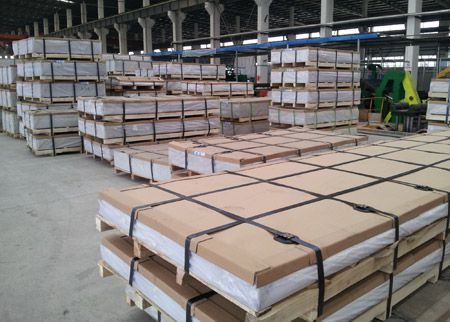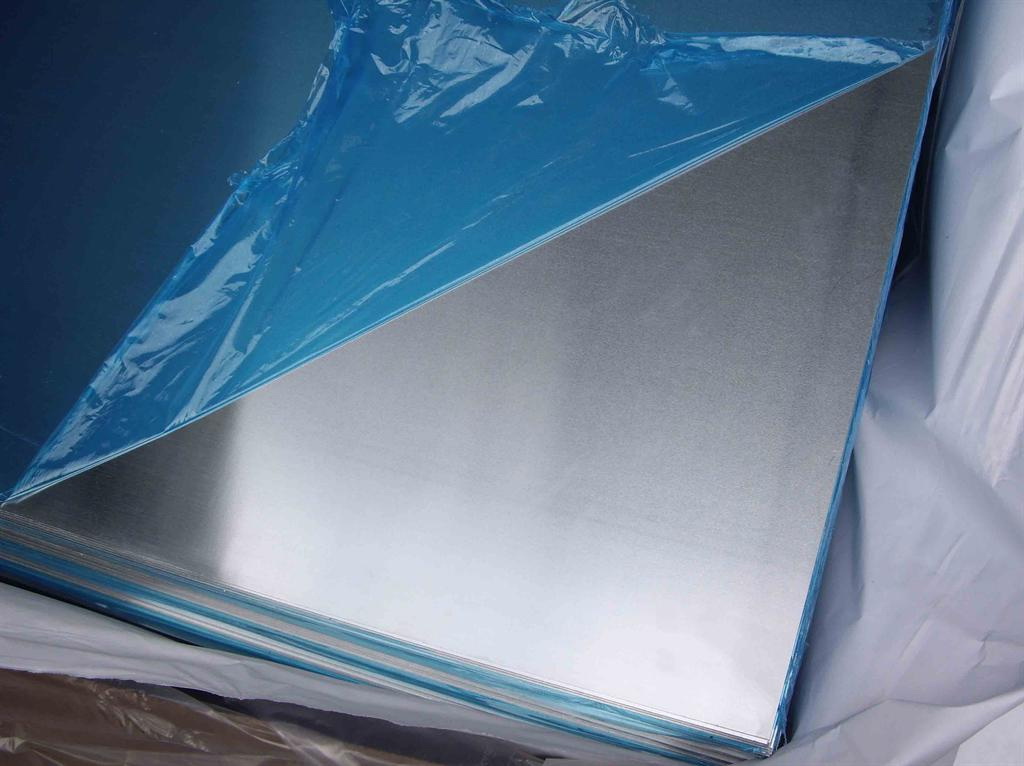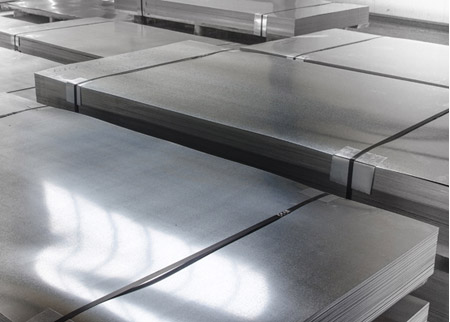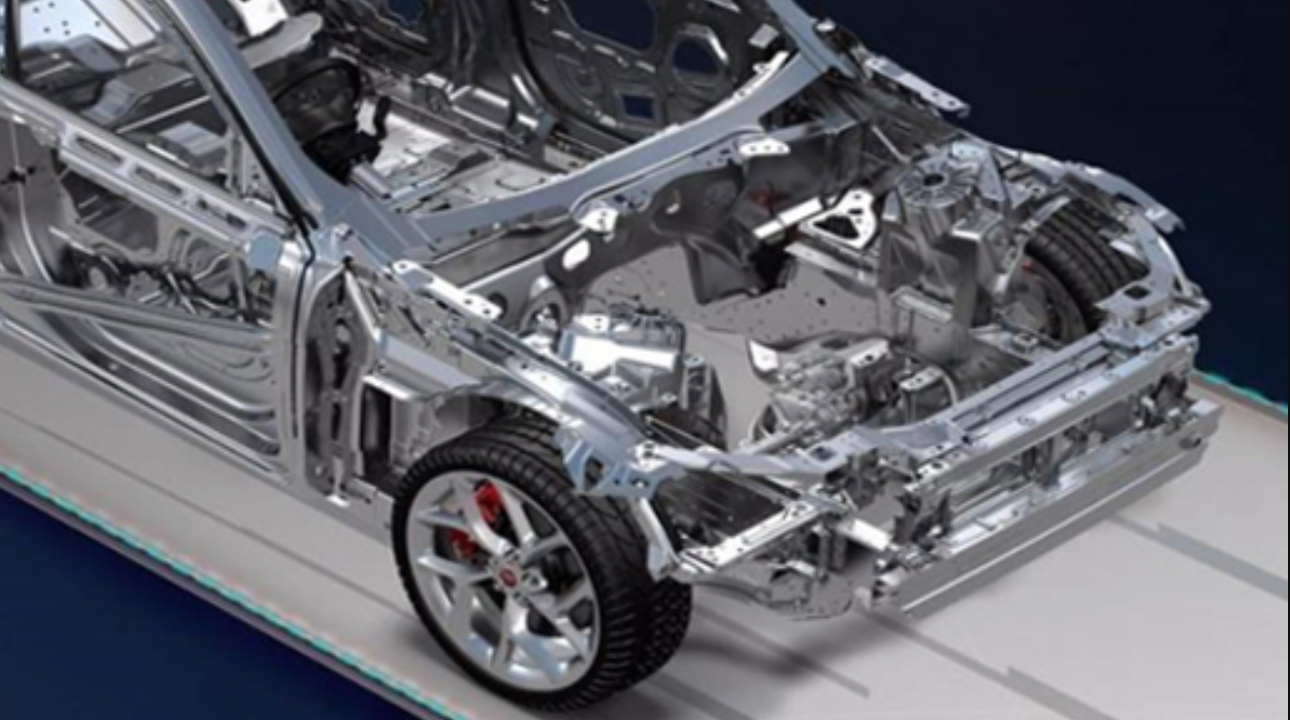



Aluminum alloy is an exceptional material that is highly valued for its unique combination of properties. It is a type of metal that is composed primarily of aluminum, which is then alloyed with other metals like copper, magnesium, zinc, or manganese. These alloying elements are added to the base material to achieve specific desired properties, including increased strength, corrosion resistance, and ductility.

Aluminum alloy has several advantages over other materials, making it a popular choice for a wide range of applications. One of its most significant advantages is its lightweight nature. Aluminum alloy has a low density, which makes it ideal for use in industries where weight is a critical factor, such as aerospace, transportation, and packaging. Additionally, it is highly corrosion-resistant, which makes it ideal for applications in harsh environments, such as the marine and offshore industries.
Aluminum alloy is also highly ductile, which means it can be easily formed into various shapes and sizes without sacrificing its strength or integrity. This makes it an ideal material for applications that require complex shapes or intricate designs, such as automotive body panels, aerospace components, and construction materials.
Another significant advantage of aluminum alloy is its excellent thermal and electrical conductivity. This makes it an ideal material for applications that require the transfer of heat or electricity, such as heat sinks, electrical cables, and electronic components.
Due to its unique combination of properties, aluminum alloy is widely used in various industries, including aerospace, automotive, construction, and electronics. In the aerospace industry, aluminum alloy is used to make aircraft structures, engine components, and other parts due to its lightweight nature and high strength-to-weight ratio. In the automotive industry, aluminum alloy is used to make engine blocks, wheels, and other parts due to its excellent thermal and electrical conductivity. In the construction industry, aluminum alloy is used to make building cladding, roofing, and window frames because of its durability and corrosion resistance.
In summary, aluminum alloy is an exceptional material that has a wide range of applications due to its unique combination of properties. Its lightweight nature, corrosion resistance, ductility, and excellent thermal and electrical conductivity make it an ideal material for use in various industries. As technology continues to improve, it is likely that aluminum alloy will become even more prevalent in the future.
* Thank you for your inquiry. Please provide your business needs information so that we can better serve you.
This information can help us assign the most suitable person to solve your problem. We will give you feedback within 1-2 working days.
Related Blog







